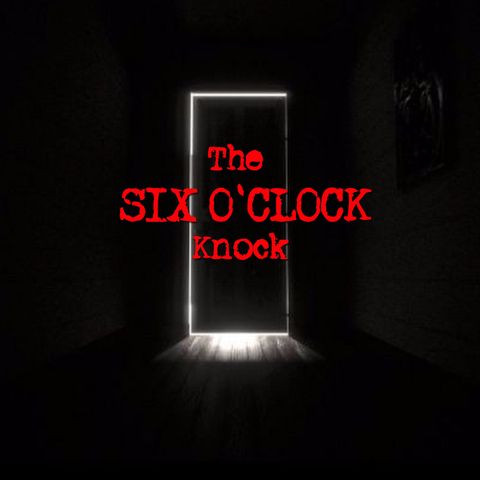
Info
A journalist and an ex-cop, together revisiting historic murders and cold cases. We have a small favour to ask. The Six O'clock Knock is self-funded and we're all volunteers. We'd...
show moreWe have a small favour to ask. The Six O'clock Knock is self-funded and we're all volunteers. We'd like to say a massive 'thank you' to our patrons who've helped us keep going over the last year. We couldn't make podcasts to the high standard you've come to expect without your contributions.
If you'd like to chip in you can find us on Patreon: www.patreon.com/sixknock. For the price of coffee and a sticky bun you get access to bonus content, and the satisfaction of knowing you're helping us to keep digging and turning over those stones!
Meet The Team
Jacques Morrell is a major crime detective turned author. He's a cool-headed analyst with an eye for detail.
Before turning freelance, Simon Ford was a BBC journalist and broadcaster. His storytelling combines irrepressible enthusiasm with a newshound's dogged determination.
With a client list including the BBC, Getty, The Guardian and National Geographic, Paul Bradshaw is our RTS-nominated producer and the brains behind the Six O'clock Knock.
Investigating is in our blood. We share an obsession for digging up the past and turning over stones, to find the truth. Whatever that may be.

The Six O'Clock Knock: True Crime Experiences
The Six O'Clock Knock: True Crime Experiences
Simon FordA journalist and an ex-cop, together revisiting historic murders and cold cases. We have a small favour to ask. The Six O'clock Knock is self-funded and we're all volunteers. We'd...
show moreWe have a small favour to ask. The Six O'clock Knock is self-funded and we're all volunteers. We'd like to say a massive 'thank you' to our patrons who've helped us keep going over the last year. We couldn't make podcasts to the high standard you've come to expect without your contributions.
If you'd like to chip in you can find us on Patreon: www.patreon.com/sixknock. For the price of coffee and a sticky bun you get access to bonus content, and the satisfaction of knowing you're helping us to keep digging and turning over those stones!
Meet The Team
Jacques Morrell is a major crime detective turned author. He's a cool-headed analyst with an eye for detail.
Before turning freelance, Simon Ford was a BBC journalist and broadcaster. His storytelling combines irrepressible enthusiasm with a newshound's dogged determination.
With a client list including the BBC, Getty, The Guardian and National Geographic, Paul Bradshaw is our RTS-nominated producer and the brains behind the Six O'clock Knock.
Investigating is in our blood. We share an obsession for digging up the past and turning over stones, to find the truth. Whatever that may be.
Information
| Author | Simon Ford |
| Organization | Simon Ford |
| Categories | True Crime |
| Website | - |
| - |
Copyright 2024 - Spreaker Inc. an iHeartMedia Company
